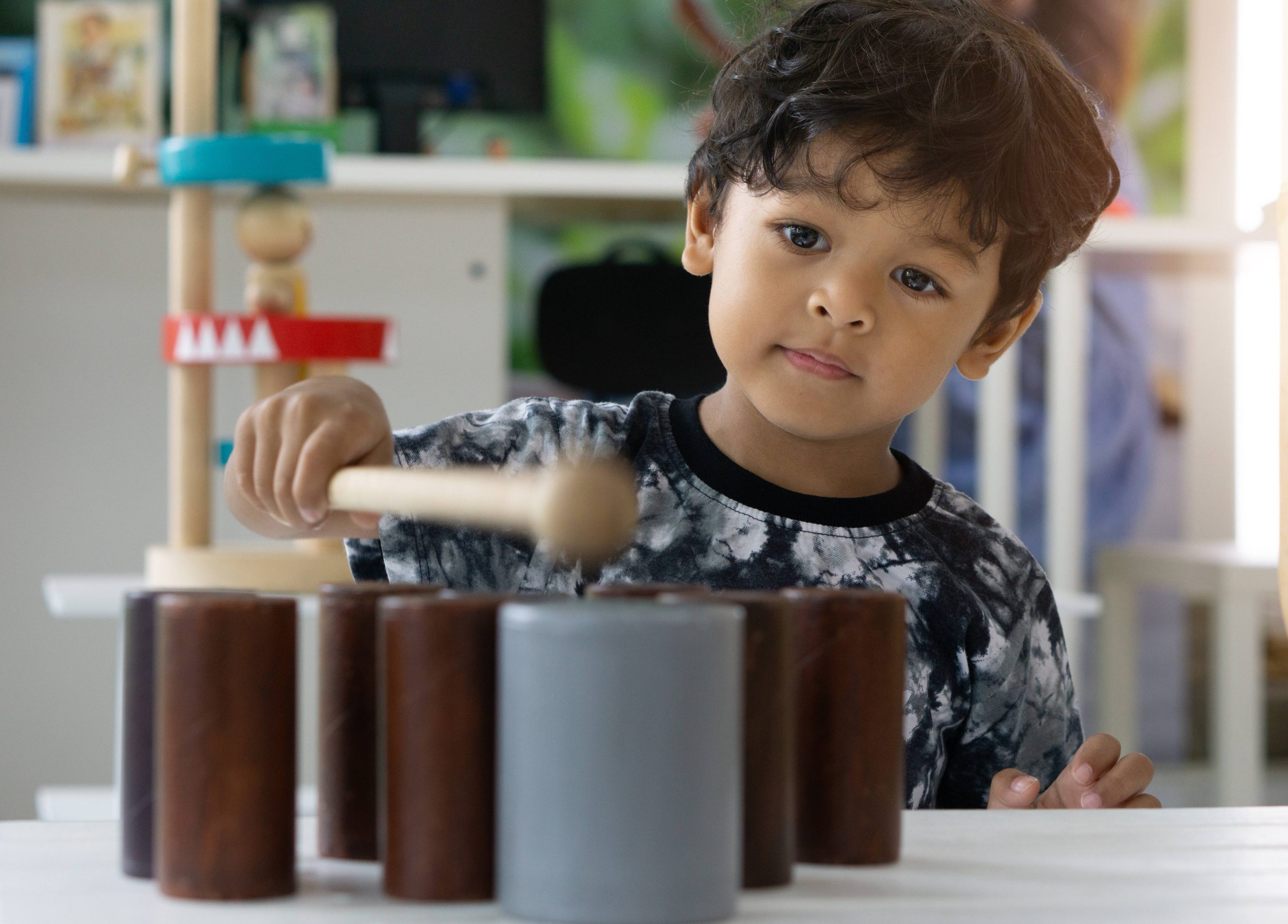
How to Introduce Music to Preschoolers
Introduction: Importance of Music in Early Childhood Development
Early childhood development must include music because it offers a special chance to stimulate a child’s brain in a variety of ways, including language, memory, and coordination.
The Benefits of Introducing Music to Preschoolers
Preschoolers can benefit greatly from exposure to music in a variety of ways that go beyond simple enjoyment.
- Promoting Language Growth: Regular exposure to music tends to improve young preschoolers’ linguistic abilities, particularly their vocabulary and grammar.
- Enhancing Cognitive Abilities: Music can improve memory, attention, and spatial-temporal skills in young preschoolers.
- Promoting Social Skills: Music activities provide opportunities for preschoolers to interact with others and work collaboratively, developing empathy, cooperation, and communication skills.
- Positive Impact on Emotional Well-being: Music can reduce stress and anxiety, promoting feelings of happiness and relaxation.
Preschool Musical Activities
Introducing music to preschoolers is a fun and exciting way to engage their senses, promote creativity and imagination, and foster early learning skills.
Singing Activities
One of the best methods to introduce music to young preschoolers is through singing. Encourage them to sing along and participate in singing activities such as:
- Nursery Rhymes
- Action Songs
- Lullabies
- Music and Movement Activities
- Songs About Seasons or Holidays
- Singing Games
Advantages of Singing Activities:
- Develops cognitive skills and exposure to different sounds and rhythms.
- Improves listening and comprehension skills.
- Easy to incorporate into daily routines.
Dancing Activities
Dancing is another great way to introduce music to preschoolers. It promotes physical activity, creativity, and social interaction. Activities may include:
- Creative Movement
- Ballet and Tap Classes
- Folk Dances
- Freeze Dance
- Ribbon Dancing
- Line Dancing
Advantages of Dancing Activities:
- Fun and engaging introduction to music.
- Promotes physical activity and coordination.
- Encourages self-expression and creativity.
Instruments Exploration
Teaching different instruments to preschoolers helps them understand how music is created. Instruments such as percussion instruments, xylophones, ukuleles, and recorders are great for introducing music.
Advantages of Instrument Exploration:
- Promotes cognitive and emotional development.
- Develops memory, concentration, and problem-solving skills.
Listening Activities
Listening to different types of music is another effective way to introduce music to preschoolers. Activities may include music appreciation, sound identification, storytelling with music, music and movement, and music-based learning.
Advantages of Listening Activities:
- Develops cognitive skills and exposes preschoolers to new sounds.
- Improves listening and comprehension skills.
- Easy to incorporate into daily routines.
Conclusion
Introducing music to preschoolers through singing, dancing, instruments, and listening activities promotes their overall development, including coordination, concentration, social interaction, and creativity. By incorporating music into daily routines, we can foster a lifelong love of music and enhance preschoolers’ learning experiences.


